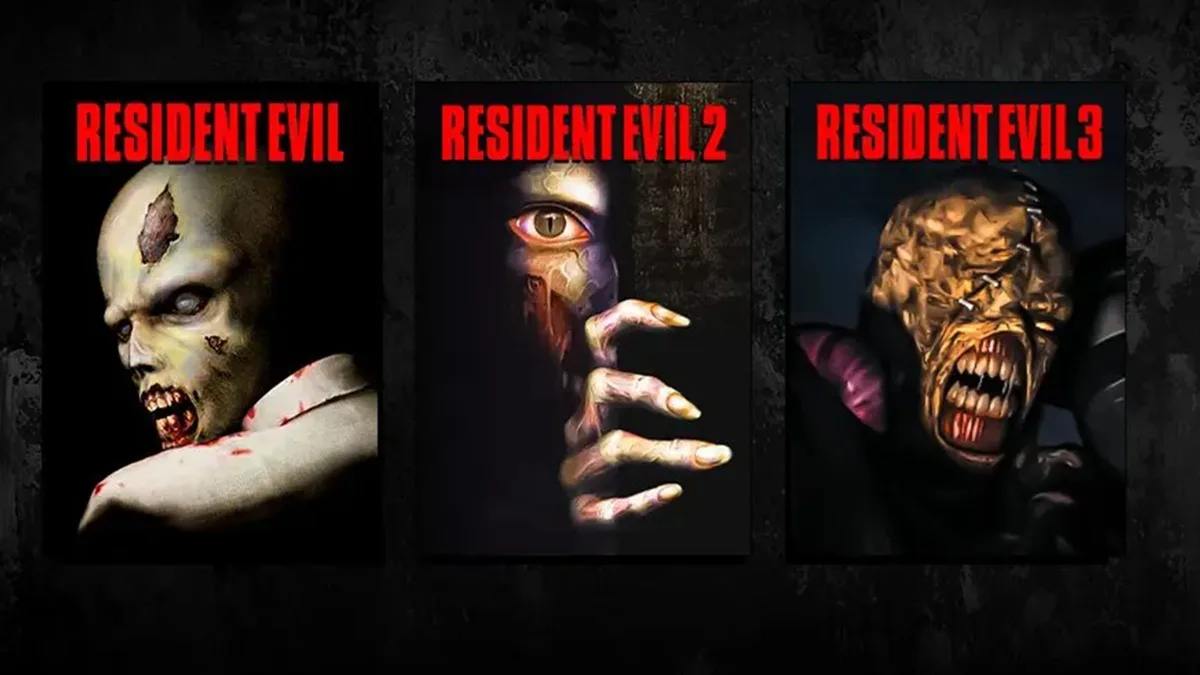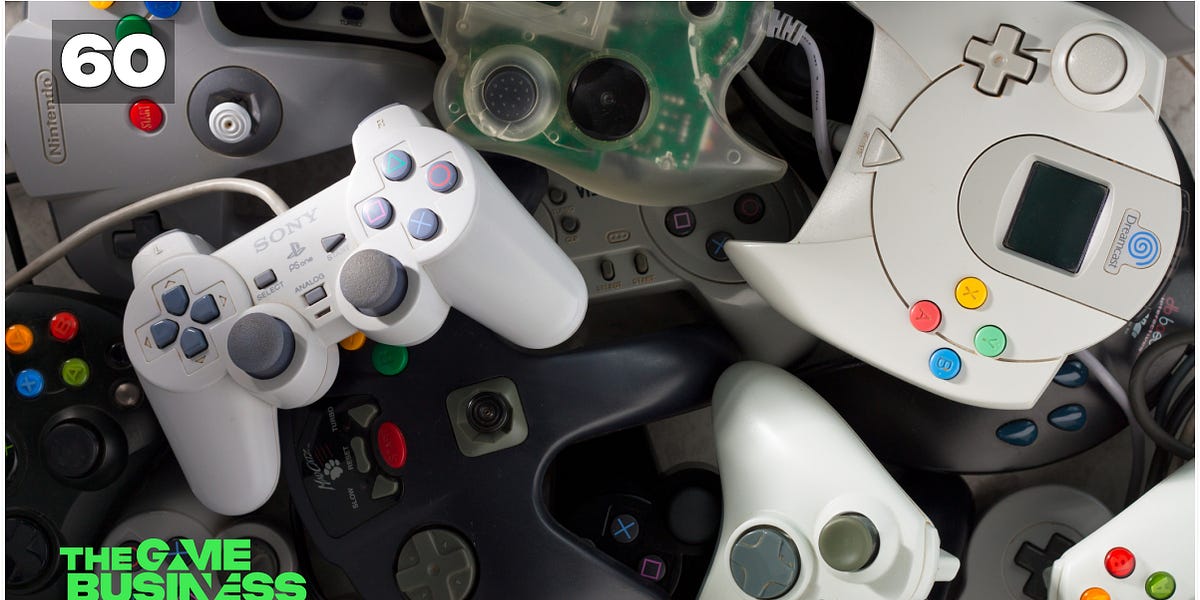
When Capcom first released Resident Evil in 1996, it didn’t just launch a franchise—it defined an entire genre. Survival horror as we know it owes much of its DNA to that eerie Spencer Mansion, its fixed camera angles, and the unforgettable moment when a zombie slowly turns its head toward the player.
Fast forward nearly three decades, and the original trilogy (Resident Evil, Resident Evil 2, and Resident Evil 3: Nemesis) has finally found a new home on GOG. But according to a recent report from Video Games Chronicle, this wasn’t an easy win. A GOG executive revealed that Capcom needed “a lot of convincing” to bring these classics to the DRM-free storefront. The hesitation wasn’t surprising—publishers often weigh the risks of re-releasing older titles, from technical hurdles to concerns about brand perception. Yet the demand from fans was undeniable, and persistence paid off.
For longtime players, this release is more than just a nostalgic nod—it’s a preservation milestone. GOG’s mission to keep classic games accessible on modern hardware ensures that new generations can experience the roots of survival horror without resorting to emulation or aging discs.
My Return to Streaming Through the OG Resident Evil
Earlier this year, I made a personal decision that tied directly into this moment: I returned to live streaming, and the game that brought me back wasn’t the latest AAA blockbuster or a flashy multiplayer hit. It was the original Resident Evil.
Why? Because there’s something raw and authentic about revisiting a game that doesn’t hold your hand. The tension of limited ink ribbons, the weight of every bullet, the creak of every door—it all reminded me why I fell in love with gaming in the first place. Streaming it live wasn’t just about gameplay; it was about reconnecting with an audience through shared memory. Many viewers had their own stories about playing Resident Evil for the first time, whether on a PlayStation in the late ’90s or through later ports.
That communal nostalgia became the perfect bridge between my editorial voice and my community ethos. It wasn’t just me playing a game—it was us revisiting a cultural landmark together.
Why This Release Matters
- Preservation of Legacy: Games like Resident Evil are cultural artifacts. Making them accessible on platforms like GOG ensures they’re not lost to time or locked behind outdated hardware.
- Community Connection: For streamers and creators, these re-releases open doors to storytelling. They’re not just games; they’re conversation starters about how far the medium has come.
- Capcom’s Evolution: The company’s initial reluctance shows the tension between corporate caution and fan demand. But their eventual agreement highlights the growing recognition of game preservation as a legitimate, profitable, and culturally important endeavor.
For me, the timing couldn’t have been better. As Capcom finally agreed to let the original Resident Evil trilogy breathe again on modern storefronts, I was already rediscovering the joy of survival horror through my streams. It felt like a full-circle moment: the game that once terrified me as a player became the game that reignited my passion as a creator.
In a way, Capcom’s decision mirrors my own—sometimes it takes a little convincing to revisit the past, but when you do, you realize just how much it still has to offer.





